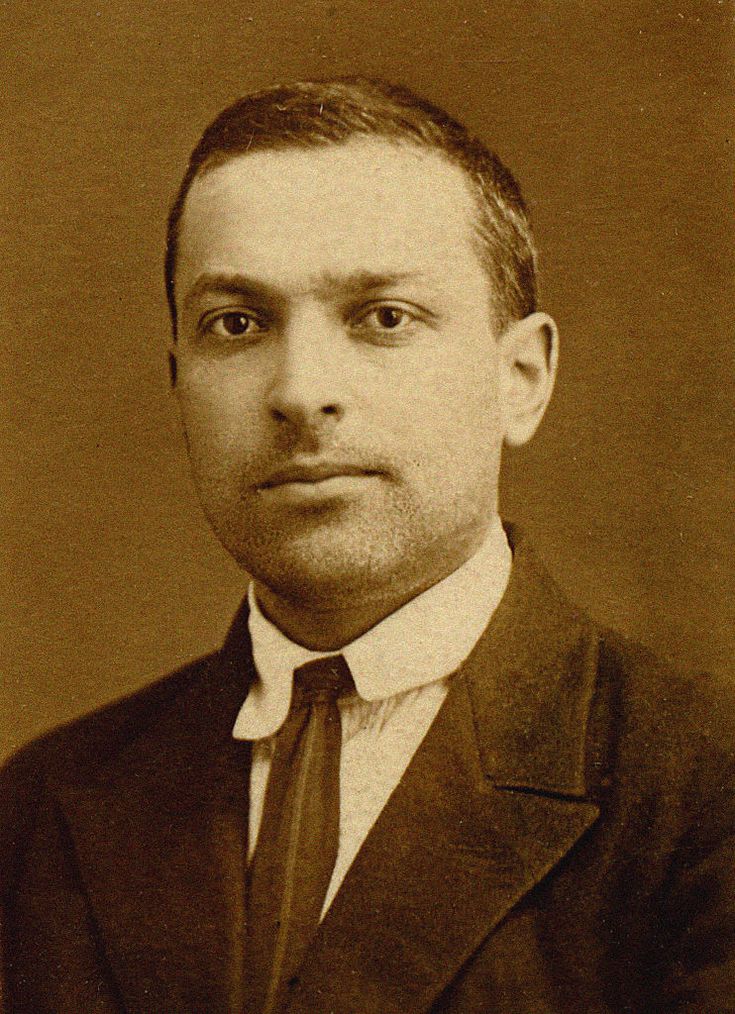“Through others, we become ourselves.”
Vygotskij, L. S. (1987). The genesis of higher mental functions. In R. Reiber (Ed.), The history of the development of higher mental functions (Vol. 4, pp. 97-120). New York: Plennum.
Lev Semyonovich Vygotsky was a Soviet psychologist, the founder of an unfinished Marxist theory of human cultural and bio-social development commonly referred to as "cultural-historical psychology" , a prominent advocate for a "science of the Superman", a new psychological theory of consciousness, and leader of the Vygotsky Circle .
Despite his claim for a "new psychology" that he foresaw as a "science of the Superman" of the Communist future, Vygotsky's main work was in developmental psychology and he proposed a theory of the development of "higher psychological functions" that saw human psychological development as emerging through interpersonal connections and actions with the social environment. During an earlier mechanistic and reductionist "instrumental psychology" period of his career , he argued that human psychological development can be formed through the use of meaningless signs that he viewed as psychological equivalent of instrument use in human labor and industry. Later, in the "holistic" period of his career , Vygotsky rejected his earlier reductionist views on signs. Under the increasing influence from the holistic thinking of the scholars primarily associated with German-American Gestalt psychology movement Vygotsky adopted their views on "psychological systems" and—inspired by Kurt Lewin's "Topological psychology"—introduced the vague notion of the "zone of proximal development". It was during this period that he identified play of young children as their "leading activity", that he understood as the main source of preschoolers psychological development, which he viewed as the inseparable unity of emotional, volitional, and cognitive development.
As early as in mid-1920s, Vygotsky's ideas were introduced in the West, but he remained virtually unknown until the early 1980s when the popularity among educators of the developmental psychology of Jean Piaget started to decline and, in contrast, Vygotsky's notion of the "zone of proximal development" became a central component of the development of the so-called "social constructivist" turn in developmental and, primarily, educational psychology and practice. A Review of General Psychology study, published in 2002, ranked Vygotsky as the 83rd top psychologist of the twentieth century and the third Russian on the top-100 list after Ivan Pavlov and Vygotsky's longtime collaborator Alexander Luria.The early twenty-first century has seen scholarly reevaluations of the popular version of Vygotsky's legacy , which is referred to as the "revisionist revolution in Vygotsky Studies".The studies conducted in the framework of the "revisionist turn" in Vygotsky studes in the decade of 2010s revealed not only systematic and massive falsifications and distortions of Vygotsky's legacy, but also demonstrated rapid decrease of this author's popularity in international scholarship that started in 2016-2017 and the downfall even further accelerated in 2018. This situation has been described as the "Vygotsky bubble" and foundational crisis in global "Vygotskiana". The reasons of this crisis are not entirely clear yet and are being discussed in scholarly circles.

“Through others, we become ourselves.”
Vygotskij, L. S. (1987). The genesis of higher mental functions. In R. Reiber (Ed.), The history of the development of higher mental functions (Vol. 4, pp. 97-120). New York: Plennum.
Vygotsky, L. S. (1930) Mind in Society: The Development of Higher Psychological Processes Cambridge, Mass.: Harvard University Press p.102
Vygotsky, in his dissertation thesis Psychology of Art [original in Russian]